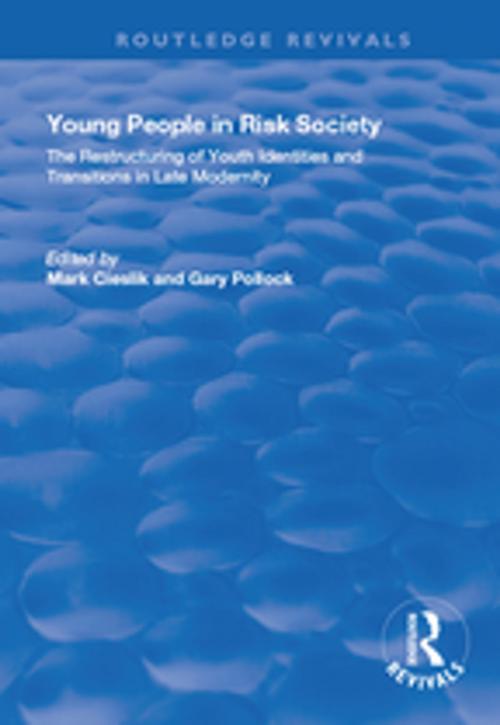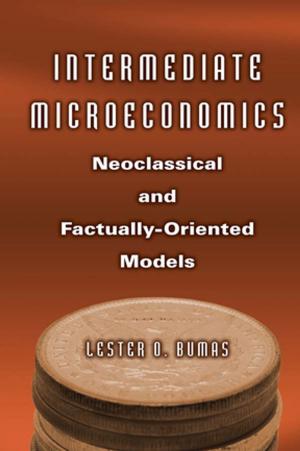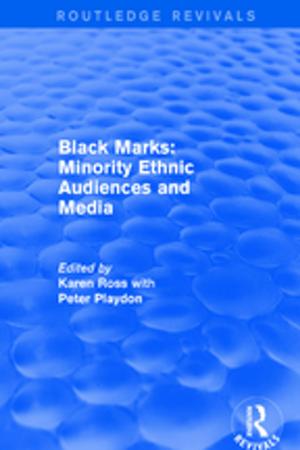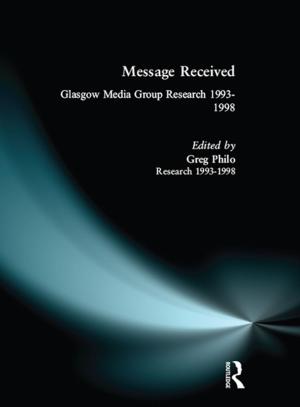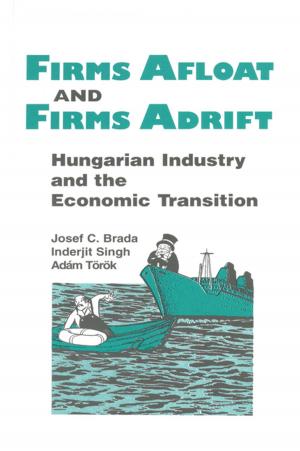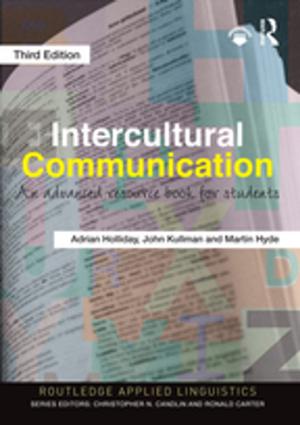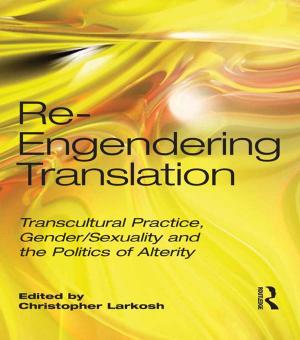Young People in Risk Society: The Restructuring of Youth Identities and Transitions in Late Modernity
The Restructuring of Youth Identities and Transitions in Late Modernity
Nonfiction, Social & Cultural Studies, Social Science| Author: | Mark Cieslik, Gary Pollock | ISBN: | 9781351746175 |
| Publisher: | Taylor and Francis | Publication: | November 22, 2017 |
| Imprint: | Routledge | Language: | English |
| Author: | Mark Cieslik, Gary Pollock |
| ISBN: | 9781351746175 |
| Publisher: | Taylor and Francis |
| Publication: | November 22, 2017 |
| Imprint: | Routledge |
| Language: | English |
This title was first published in 2002: Loosely divided into two sections, this book's first part includes chapters which explore young people's identities and youth cultures in relation to issues such as drug use, education and dance music. In various ways, the authors examine whether there is a need to rethink the existing theories and concepts which have informed the study of youth cultures and identities. The second part to the volume is concerned with how young people experience "transtitions", in relation to such topics as employment, sexuality, and household formation. The chapters also raise theoretical questions on the usefulness of the transition concept in late modernity, illustrating how the reshaping of key institutions in late modernity has had a profound effect on the sorts of transitions young people make today. In addressing such issues the authors examine the potential contribution that concepts around risk and risk society and new Third Way social policy initiatives can have to contemporary youth studies.
This title was first published in 2002: Loosely divided into two sections, this book's first part includes chapters which explore young people's identities and youth cultures in relation to issues such as drug use, education and dance music. In various ways, the authors examine whether there is a need to rethink the existing theories and concepts which have informed the study of youth cultures and identities. The second part to the volume is concerned with how young people experience "transtitions", in relation to such topics as employment, sexuality, and household formation. The chapters also raise theoretical questions on the usefulness of the transition concept in late modernity, illustrating how the reshaping of key institutions in late modernity has had a profound effect on the sorts of transitions young people make today. In addressing such issues the authors examine the potential contribution that concepts around risk and risk society and new Third Way social policy initiatives can have to contemporary youth studies.
